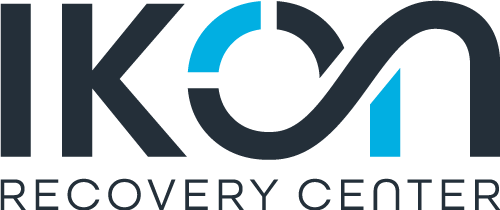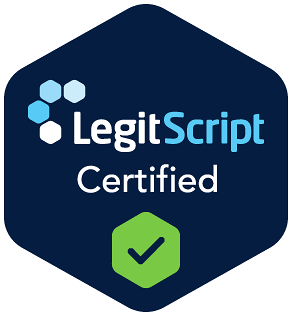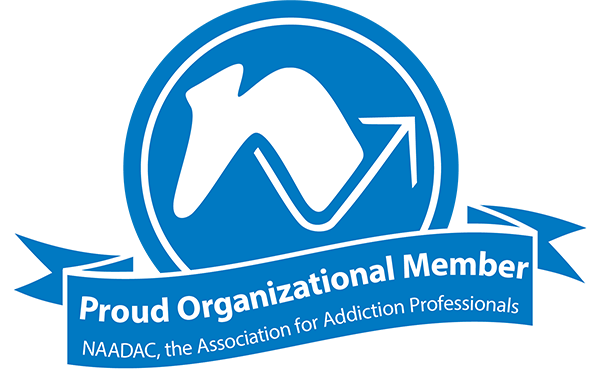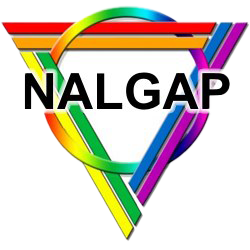Treatment for BPD and Addiction in New Jersey
BPD, or borderline personality disorder, can push emotions to intense places. When drugs or alcohol are added to the equation, the results can be dangerous. If this mix goes untreated, it can lead to ER visits, shattered relationships, and even self-harm.
Take a look at BPD and addiction with us, and let’s explore their intersection. We’ll examine the overlap of the co-occurring disorders, warning signs, and evidence-based therapies that can lead to long-term recovery. With the right help, you can replace chaos and emotional instability with consistency and resilience, allowing you to move toward lasting, holistic wellness.
How BPD and Addiction Interact
Borderline personality disorder can take feelings of normal intensity and magnify that intensity in just seconds.[1] A single trigger, however small, can launch an individual into a spiral of rage, despair, or even panic. Substance use is often seen as a route to quick relief, since it feels like alcohol smooths out anxiety, like opioids numb the emotional pain, and like stimulants chase away all the unpleasant, intense emotions with sheer euphoria.
Over a long enough timeline, or with enough reinforcement, the brain forms a link between mood swings and intoxication, so they only feel like a single problem.[2] Self-harm or reckless spending often happens in conjunction with harmful behavior like binge drinking or going on drug binges.
